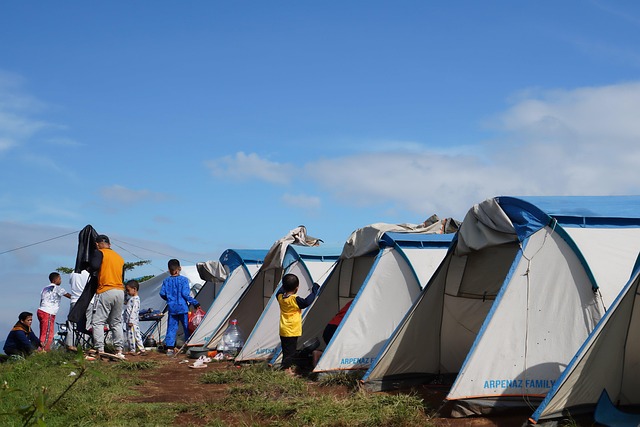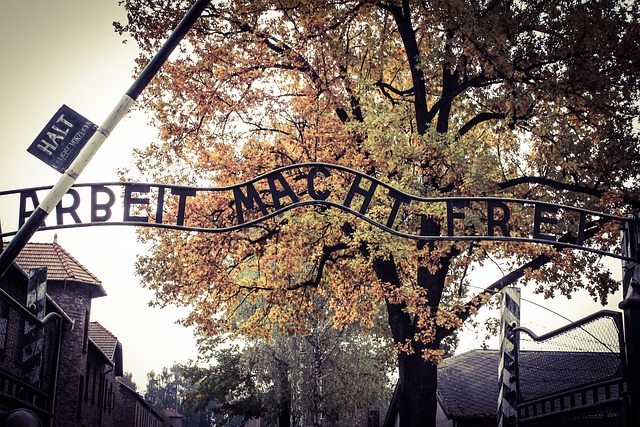The Rocky Creek Youth Camp, once a rehabilitation center, has been exposed as a site of profound abuse, prompting widespread concern and action. Survivors of physical, emotional, and sexual assault require counseling, legal aid, and community support to heal and seek justice. Advocating for change involves balancing legal strategies with community mobilization to raise awareness, implement stricter regulations, and hold abusers accountable to prevent future tragedies.
“In the wake of recent revelations about misconduct at Rocky Creek Youth Camp, there is an urgent need to advocate for justice and support for victims. This article delves into the complex issues surrounding the abuse that occurred within the camp’s walls, exploring both historical context and its lasting impact. We provide a comprehensive guide on available resources and services for survivors, as well as actionable steps for legal advocacy and community engagement. Together, we can ensure accountability and offer healing to those affected by the Rocky Creek Youth Camp Abuse.”
- Understanding Rocky Creek Youth Camp Abuse
- Supporting Victims: Resources and Services
- Advocating for Justice: Legal and Community Steps
Understanding Rocky Creek Youth Camp Abuse

The Rocky Creek Youth Camp, once a place meant for rehabilitation and personal growth, has been exposed as a site of profound misconduct and abuse. The revelation of systemic issues within the camp has sparked widespread concern and action from advocacy groups and the community alike. This dark chapter involves various forms of mistreatment, including physical, emotional, and sexual assault, primarily targeting vulnerable youth who were placed there for guidance and support.
Understanding the scope of Rocky Creek Youth Camp Abuse requires recognizing the power imbalance between the camp administrators and residents. Many victims, often from disadvantaged backgrounds, lacked a voice or the means to report these atrocities. As a result, a culture of secrecy and impunity flourished, allowing abusers to exploit their positions of authority. This complex issue demands careful navigation through legal, psychological, and social aspects to ensure justice for survivors and prevent similar tragedies in the future.
Supporting Victims: Resources and Services

Supporting survivors of Rocky Creek Youth Camp abuse is a crucial step in their healing journey. Many resources and services are available to aid those affected by such misconduct. One key aspect is providing access to counseling and therapy, offering safe spaces for victims to share their experiences and begin the process of emotional recovery. Local support groups and community-based organizations play a vital role in this regard, fostering an environment of understanding and solidarity.
Additionally, legal aid and advocacy services can help survivors navigate their rights and options, especially when considering pressing charges or seeking compensation. These services ensure that victims are empowered to take control and seek justice. Shelters and safe houses also offer temporary accommodation for those who need immediate protection and a secure environment while they plan their next steps.
Advocating for Justice: Legal and Community Steps

Advocating for justice in cases of misconduct at Rocky Creek Youth Camp requires a multifaceted approach, combining legal strategies with community mobilisation. Legal action is a crucial step, where victims and their families can seek redress through civil lawsuits or press charges under relevant child protection laws. This process often involves gathering evidence, including medical records, witness statements, and documentation of the abuse, to build a compelling case against the perpetrators and any institutions complicit in the misconduct.
Community engagement is equally vital. Raising awareness about the Rocky Creek Youth Camp abuse through support groups, public rallies, and social media campaigns can bring attention to the issue, fostering a sense of solidarity among victims and their allies. By sharing stories and experiences, the community can pressure local authorities and decision-makers to implement stricter regulations and prevention measures to ensure such atrocities don’t occur again. This collective action is essential in achieving justice and holding the responsible parties accountable for their actions.
Victims of Rocky Creek Youth Camp abuse deserve support, justice, and a voice. By understanding the historical context, utilizing available resources, and advocating through legal and community action, we can ensure that those affected receive the help they need and hold perpetrators accountable. It’s imperative to continue the conversation around Rocky Creek Youth Camp Abuse, amplify survivor stories, and work towards a future where such misconduct is prevented.
